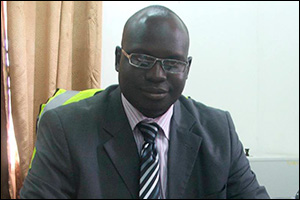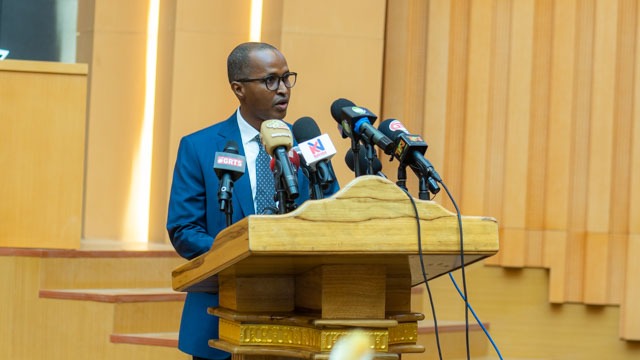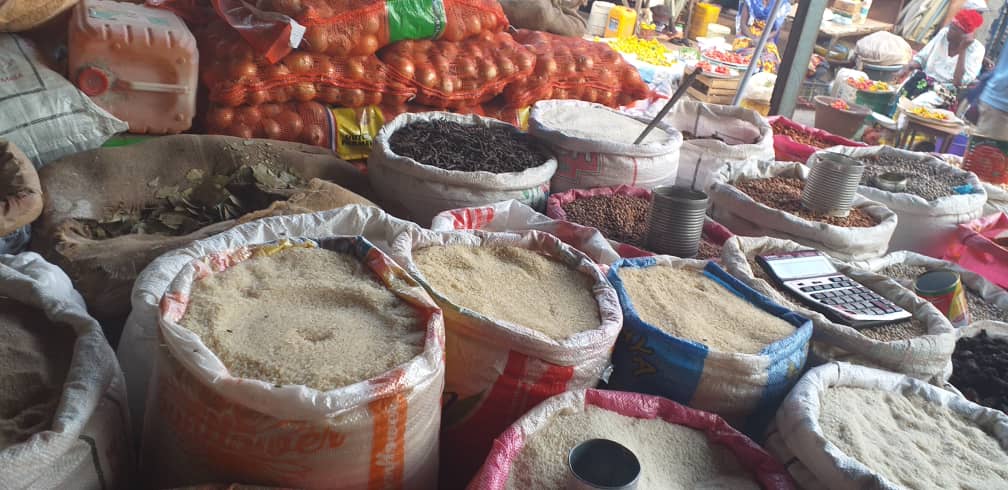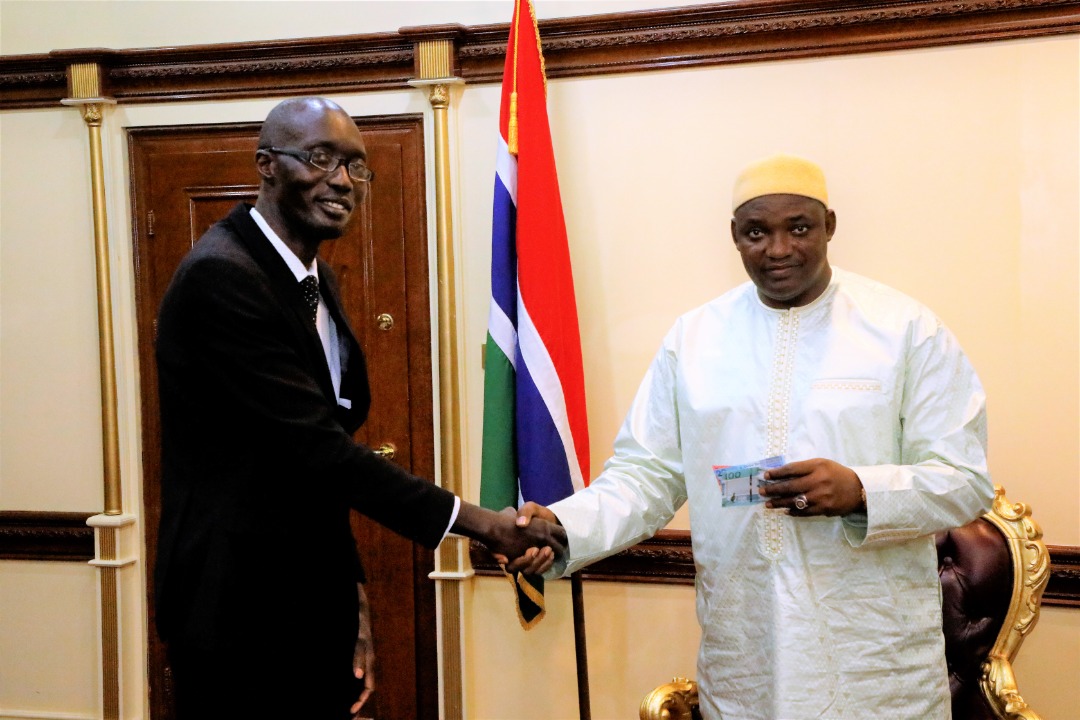By: Musa S. Sheriff
The underlying accounting documentation and records at Gambia Civil Aviation Authority (GCAA) are poor, revealed Special Audit of Seven State Owned Enterprises in The Gambia, final of August 19 2019 and signed by Maryam Hussain, Partner for and on behalf of Ernst & Young LLP
Seven state-owned enterprises (SOEs) of the government of The Gambia audited by Ernst & Young LLP namely; (GNPC, GCAA, NAWEC, GPA, SSHFC, GAMTEL and GAMCEL)
This is primarily a result of the Access Accounting system, which prevents the exporting of accounts and balances to Excel. This makes it incredibly challenging to assess and audit these balances, the EY auditors affirmed.
According to the auditors, the balances that proved the most challenging to audit were the Fixed Assets and Airport Regularization. Additionally, GCAA do not correctly depreciate the entirety of their Fixed Asset balance, and rely on the External Auditors to prepare the bad debt provision balance.
“It should be noted that in some cases, postings are made with insufficient information in the description, such as FX rates, or commentary on the item, which makes understanding the nature and value of the balance difficult, “Ernst & Young LLP pointed out.
According to Ernst & Young LLP, the impact of these limitations seriously affected their work to be able to draw conclusions as to report fully on the facts behind an event, transactions or accounting practice, stressing that the discovery of significant gaps in the availability of source documents is a call for urgent action.
“GCAA is carrying a significantly liability in its Financial Statements that may not be recognized as a receivable by the original loan provider, the Government of The Gambia. The balance on this loan is GMD 437m (USD 9.1m). If this loan was removed from GCAA’s Balance Sheet, a large portion of the Interest Payable balance would also be affected, as GCAA have accounted for the interest on this loan without making a single payment,” Ernst & Young LLP pointed out.
According Ernst & Young LLP, the auditors also discovered that GCAA is making monthly repayments of GMD 3.9m (USD 82,000) in relation to a loan held with Megabank., revealing that the annual repayment amount made under this loan equates to GMD 47m (USD 981,000), which represents 22% of GCAA’s Gross Profit figure for 2017.
Meanwhile, GCAA currently has two loans with Gambia SOE’s, namely GPA and the SSHFC, under which GCAA owes GMD 25m (USD 521,000) and GMD 95m (USD 2m) respectively.
Ernst & Young LLP also revealed that GCAA is not repaying GPA, and is paying off the SSHFC loan at a rate of GMD 800,000 (USD 17,000) per month, noting at this rate of repayment, the SSHFC loan will take approximately 10 years to fully repay.
“GCAA needs to reduce the use of its overdraft facility. The charges incurred could be avoided through better cash management or cash collection from outstanding debtors. GCAA should also ensure that they do not continue to breach their overdraft limit, as the Bank could choose to recall the entirety of the outstanding balance.
Based on the findings of the forensic audit, the authority needs to create a comprehensive Fixed Asset Register regularly updated and reconciled to the Trial Balance to be easily verified to ascertain the current state of the authority’s assets which was difficult under the present circumstances,” Ernst & Young LLP pointed out.




